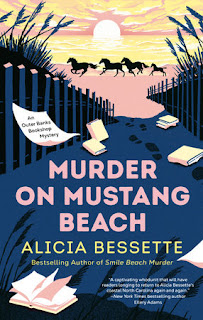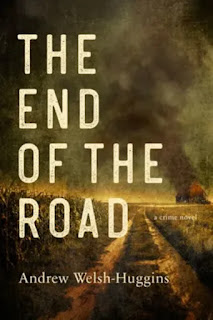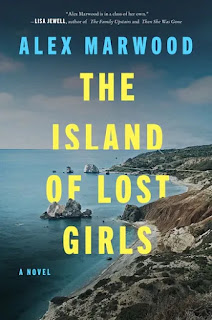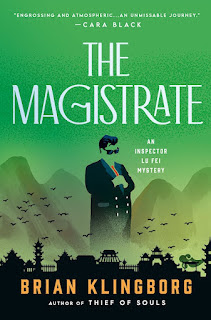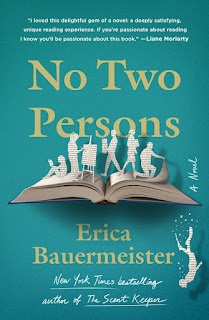 Europe and the Middle East, including two years in Bahrain during the Arab Spring. She is a graduate of the University of Virginia School of Law and Haverford College. Raised in the suburbs of Washington, DC, she lives in Virginia with her husband and son.
Europe and the Middle East, including two years in Bahrain during the Arab Spring. She is a graduate of the University of Virginia School of Law and Haverford College. Raised in the suburbs of Washington, DC, she lives in Virginia with her husband and son.
Berry applied the Page 69 Test to her new novel, The Peacock and the Sparrow, and reported the following:
On page 69, protagonist Shane Collins, a spy, is covertly visiting Poppy Johnson, an expat wife with whom he’s having an affair. Poppy lives in an elite gated community nestled within the Budaiya slums of Bahrain.Visit I.S. Berry's website.Surrounded by slums and prey to stray rubber bullets, Three Palms had even higher walls than Riffa Views. A gated community in the middle of Budaiya appeared odd only if you failed to realize expats could get obscene gobs of house here for the money: gargantuan villas, real marble floors, an Olympic-sized swimming pool if you were lucky. No greenery, no sidewalks for dogs and kids, daily unrest in the streets, but it was all worthwhile, they swore—the Johnsons, the Chaplain and his wife, other expat-resident faithful. Something exhilarating, I suppose, in the contrast of geographic proximity with metaphoric distance, the slums just close enough to remind Three Palms dwellers they lived in a different world.This excerpt gives a fair sense of my whole book. While not as action-based as other parts, it touches on key elements of the story.
I hated coming to Three Palms. It was a security risk, I warned Poppy Johnson time and again. Eventually the guard was bound to figure things out, spill the beans for the right sum or favor. Then there were her neighbors, rubbing their backs against the windowpanes, noticing when a man’s hair grew thinner, a woman fatter. Once discovered, I warned her, our affair would travel through expat circles faster than a refugee at night. Poppy had waved her hand dismissively. My neighbors wouldn’t know if a terrorist pulled into my driveway.
Primarily, this passage shows the decadence of expat life abroad and its contrast with surrounding deprivation. My book is rife with contrasts and juxtapositions: wealth versus poverty; a small militarized regime versus masses of poor revolutionaries; beauty in squalor; the exhilaration of entanglement. Contrasts are at the heart of the Arab Spring.
This excerpt is also about protagonist Shane Collins’ affair with expat wife Poppy Johnson. Collins is an unremorseful philanderer who disdains fellow expats and grudgingly slogs his way through life, so this passage captures his tone well, giving an accurate glimpse of his personality and worldview, at least in the early portion of the book. (It also shows that he thinks like a spy, evaluating security risks.)
Setting was a crucial element of my story, and this excerpt, like the rest of my book, is descriptive and atmospheric. Bahrain is essentially a character in my story—it’s as complex and changing as a human—so I wrote about it as richly and fully as I would a person.
Finally, savvy readers will find a T.S. Eliot reference in this passage. Literary references are sprinkled throughout my book: Edgar Allan Poe, C.J. Koch, even Shakespeare.
Q&A with I.S. Berry.
--Marshal Zeringue





